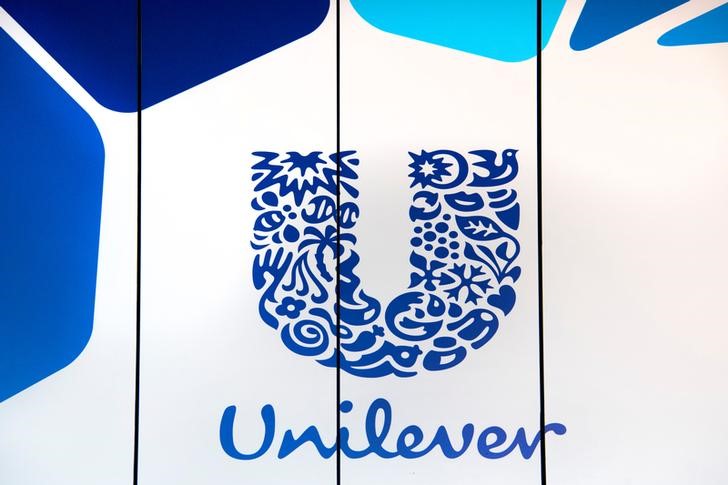Eos Energy stock falls after Fuzzy Panda issues short report
Investing.com -- RBC Capital Markets sees little upside for consumer goods company Unilever Plc (LON:ULVR) despite its plan to spin off its ice cream division, The Magnum Ice Cream Company (TMICC), later this year.
In a recent note, analyst James Edwardes Jones reaffirmed an “underperform” rating on Unilever shares with a price target of GBp 3,900, roughly 14% below the current price of GBp 4,689.
RBC said the demerger would not materially add to Unilever’s value and may instead dilute its earnings base.
The brokerage estimates the separation will reduce Unilever’s group EBITDA by 11-13% and potentially trim earnings per share by 1-3% over 2026-2027, even after planned share consolidation.
The brokerage also calculated a fair value of £38 per share using an adjusted present value model, slightly below the price target, reinforcing the firm’s cautious stance.
RBC noted that while the spin-off may allow Unilever to focus more sharply on its Beauty & Wellbeing segment, it also means shedding its most competitively advantaged business.
The ice cream arm, which includes global brands like Magnum and Cornetto, had a relative market leadership score of about 250 compared with just over 100 for Unilever’s remaining portfolio. This leaves the company less dominant in its core markets.
The brokerage also expressed concern about how Unilever will manage “stranded costs," overheads tied to the departing unit, which represent about 13% of ice cream revenue.
While Unilever has outlined €800 million in productivity savings to offset this, RBC said the company’s margin improvement will be difficult to achieve given a less favorable cost environment and limited productivity gains.
The report further highlighted Unilever’s challenge of meeting its midterm goal of 4-6% organic sales growth. RBC forecast volume growth of only about 2% annually, calling this target “a big ask” given the company’s reduced scale and mix of non-core brands, which still account for roughly a quarter of sales.
For TMICC itself, RBC expects moderate upside as an independent company, driven primarily by its away-from-home business, such as ice cream sold through cabinets in public venues, which has better margins and higher structural growth potential.
However, it said the at-home segment faces strong competition from private labels, especially in markets like the U.S., where store brands already capture about 18% of sales.
RBC’s analysis suggests that while the demerger may unlock operational clarity, it strips Unilever of its strongest category without meaningfully improving growth prospects or valuation.
